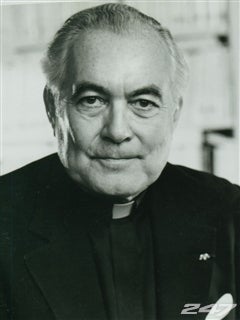Fall 2015 was exciting and exhausting. The MLK Study of Race Series featuring John Quiñones, Sacramento Knoxx and Marcus Winchester challenged the community to become active bystanders and not be afraid of letting our voice be heard. Those in attendance felt the presenters were inspiring, knowledgeable and motivating for everyone to participate in the difficult dialogues on social justice and racial issues. It was a reminder that not only charity; but effective change begins at home.
As the Spring 2016 semester begins and winter truly arrives, there are a plethora of opportunities to converse with your peers, faculty and staff. The celebration of Dr. Martin Luther King, Jr. commenced with the Interrace Forum, where comparisons of the civil rights movement of the 1960s and 1970s and 2015 Black Lives Matter Movement. Professor Richard Pierce provided insight and commentary during the discussion.


Students and Student Affairs staff creating mosaic tiles for the MLK Community Project – January 14, 2015
MSPS hosted Art Force 5, Alfred University’s Drawn to Diversity team, as they worked with the Notre Dame community to create a social justice art piece. Student Affairs administrators, staff and students contributed to the mosaic mural at McKenna Hall, North and South Dining Halls and LaFortune student Center. Look for the finished piece, which will be on the first floor of LaFortune. On Friday, January 15 Art Force 5 will conduct a workshop in the Notre Dame Room on Art and Social Justice.
The President’s Office is sponsoring a variety of events during their Walk the Walk Week. The first event will be a midnight candlelight vigil beginning at the Hesburgh Library on Sunday, January 18 (12:00 a.m.). A community lunch will be held at the Joyce Center (ticketed) with acknowledgements also occurring in North and South Dining Halls for students, faculty and staff. Make sure to have your ID cards. Monday evening will conclude with MSPS MLK Study of Race Series Lecture, Black Lives Matter: The Hashtag behind the New Civil Rights Movement in Debartolo 101 at 7:00 p.m.
The month will conclude with the MSPS Unity Games from January 24 – 30, 2016. MSPS will collaborate with other Student Affairs departments to sponsor team competitions throughout the week. Prizes will be awarded to the winning teams at the end of the week. If you are interested in participating register at https://theunitygames.squarespace.com/registration/.
February is Black History Month. MSPS and student clubs are planning several events that will highlight the African Diaspora. It will begin on Thursday, February 4 with Dr. Shannen Dee Williams, History Professor from the University of Tennessee. Watch for advertisement on the remaining activities.
Peace,
Iris L. Outlaw
Iris Outlaw `90 MSA
Director


